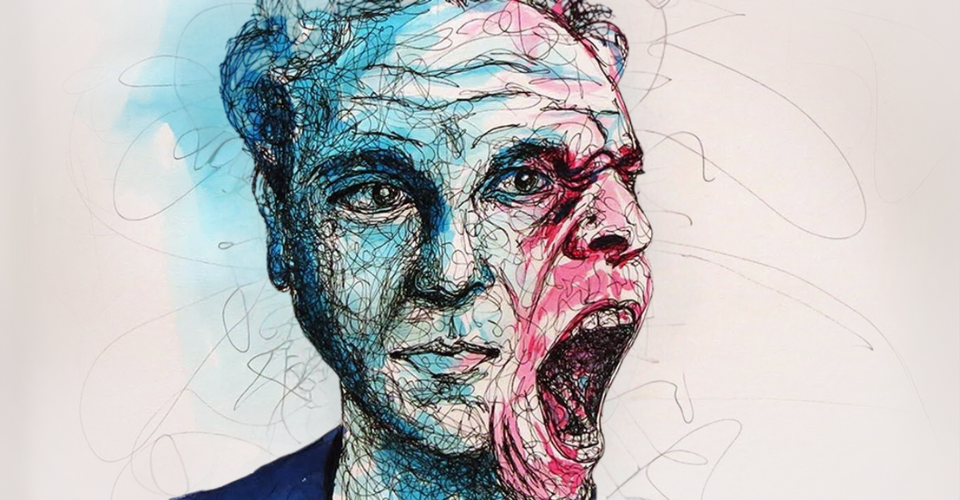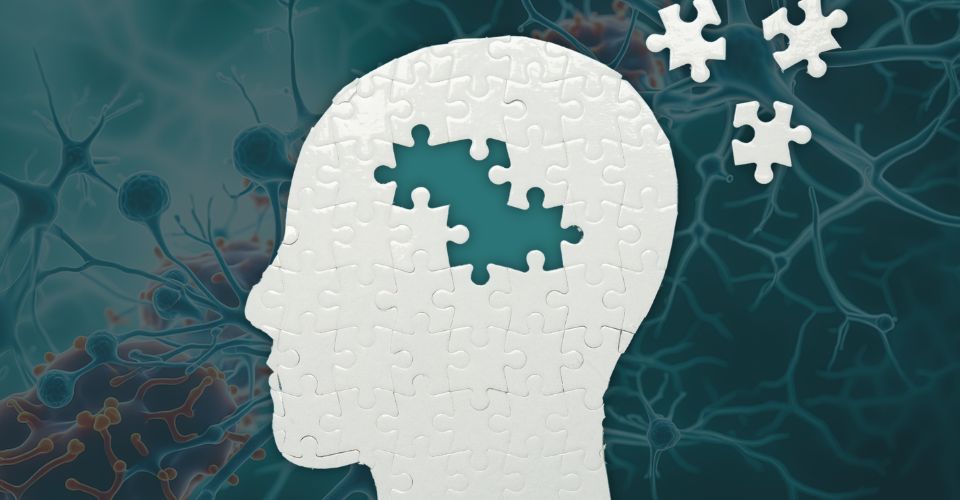Childhood emotional neglect casts a long shadow, leaving those who experienced it grappling with a range of challenges. From a pervasive sense of personal inadequacy to a lack of self-compassion, the impact of this form of neglect can reverberate into adulthood, affecting various facets of life.
Many individuals grow up in homes marked by dysfunction and extreme childhood neglect, where the love, care, and affection they needed as children are often absent.
This neglect can stem from various reasons, including parents’ inability to regulate their own emotions or their disengagement from parenting responsibilities. However, the repercussions of childhood neglect can persist well into adulthood, shaping relationships, careers, and everyday life.
Lalitaa Suglani, a therapist, emphasizes the enduring impact of childhood emotional neglect.
She highlights how our early experiences with emotions, shaped by our caregivers’ ability to understand, mirror, and consistently respond to our needs, play a pivotal role in forming our emotional landscape.
The Legacy of Childhood Emotional Neglect
Childhood emotional neglect is a subtle yet profound form of neglect. Unlike physical neglect, where tangible needs like food and shelter are unmet, emotional neglect pertains to the emotional needs of a child going unrecognized or unfulfilled.
The consequences of such neglect can be profound, leading to several struggles in adulthood:
1. Sense of Flawedness: Individuals who experienced childhood emotional neglect often carry a pervasive sense of personal inadequacy. This feeling can manifest as a belief that they are inherently flawed or unworthy, stemming from the emotional neglect they endured as children.
2. Lack of Self-Compassion: One of the challenges arising from childhood emotional neglect is a diminished capacity for self-compassion. Neglected individuals may struggle to offer themselves the same kindness, understanding, and forgiveness they extend to others.
3. Emotional Detachment: Childhood emotional neglect can result in emotional detachment, making it difficult for individuals to connect deeply with their own feelings or the feelings of others. This emotional detachment can hinder the development of healthy, meaningful relationships.
4. Difficulty in Identifying and Expressing Emotions: Neglected individuals may find it challenging to identify and express their emotions effectively. This can lead to difficulty in managing and communicating their feelings, both to themselves and to others.
5. Fear of Abandonment: Childhood emotional neglect can foster a fear of abandonment, making it hard for individuals to trust others or form secure attachments in adulthood.
6. Low Self-Esteem: A diminished sense of self-worth often accompanies childhood emotional neglect. Neglected individuals may struggle with low self-esteem and have a constant need for external validation.
7. Self-Sufficiency: To cope with emotional neglect, some individuals develop a strong sense of self-sufficiency, believing they must rely solely on themselves. While self-sufficiency has its merits, it can also hinder the ability to seek and accept help from others when needed.
8. Difficulty Setting Boundaries: Individuals who experienced emotional neglect may have difficulty setting healthy boundaries in relationships, leading to feelings of overwhelm and vulnerability.
9. Perfectionism: A drive for perfectionism can emerge as a coping mechanism, as individuals attempt to gain a sense of control and validation through external achievements.
10. Struggles in Intimate Relationships: Forming and maintaining intimate relationships can be particularly challenging for those affected by childhood emotional neglect. Trust issues, emotional detachment, and a fear of vulnerability can hinder the development of healthy partnerships.
Understanding the profound and lasting impact of childhood emotional neglect is crucial. Recognizing these struggles as consequences of past neglect can be the first step toward healing and personal growth.
Therapists and mental health professionals play a vital role in helping individuals affected by childhood emotional neglect navigate these challenges.
Through therapy, individuals can learn to recognize and address the emotional scars left by neglect, develop self-compassion, and build healthier relationships.
In conclusion, childhood emotional neglect is a form of neglect that often goes unnoticed, yet it can have profound and lasting effects on individuals well into adulthood.
Acknowledging and addressing these struggles is essential for personal growth, healing, and the development of healthier relationships.
The journey toward overcoming the legacy of childhood emotional neglect may be challenging, but with the support of therapy and self-compassion, individuals can begin to heal and lead more fulfilling lives.




























